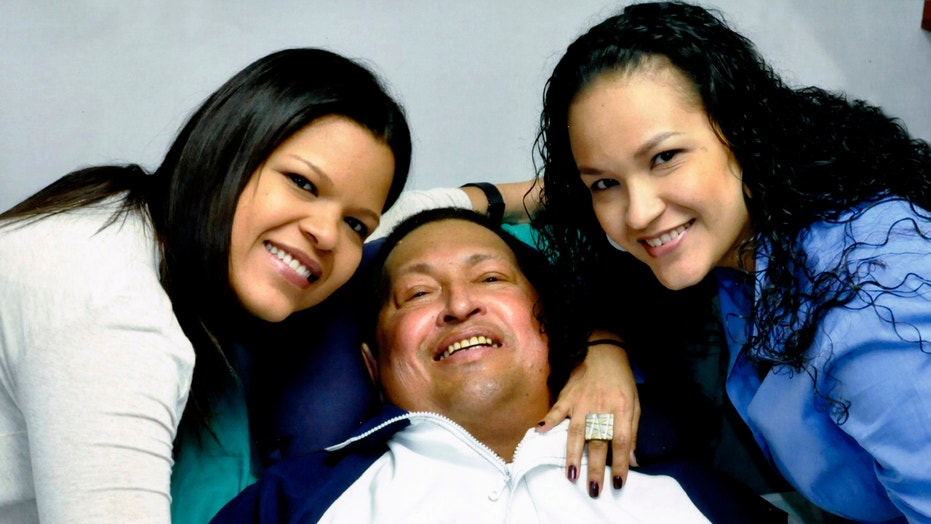The ailing Venezuelan President Hugo Chávez was one of the first world leaders to embrace the social media platform Twitter. Now world leaders from U.S. President Barack Obama, Brazilian leader Dilma Rousseff and even Pope Benedict XVI are using the micro-blogging platform.
Chávez, however, is taking his tweets one step farther as he recently appointed 15 news ambassadors in 140 charters or less.
As he headed to Cuba for an undisclosed period of time to continue follow-up treatment in his battle with cancer, Chávez named 15 new ambassadors in Latin America, Africa and the Middle East through his Information Minister Ernesto Villegas’ Twitter account.
A normally active Twitter user, Chávez has not sent a tweet from his official account since November 1 when he congratulated a group of graduate students.
While appearing energized on the campaign trail, Chávez has slinked away from the limelight since his victory in October’s presidential election against challenger Henrique Capriles. Chávez last appeared publicly during a televised meeting on Nov. 15, prompting some critics to publicly wonder where he went after his election win.
The 58-year socialist leader has not disclosed what type of cancer he is battling, but claims that he is rid of the disease. Chávez first underwent cancer treatment in Cuba in June 2011 and suffered a relapse in February.
According to a report by Spanish newspaper ABC, Chávez is now battling bone metastasis from his pelvic cancer. Citing an unnamed intelligence source, ABC's Washington correspondent Emil J. Blasco says there has been a recurrence and spread of the tumor, which was detected in a test performed on a trip to Havana just after the elections on October 7.
Blasco said the metastasis is causing Chávez “severe pain in the left femur and serious walking difficulties." He also says that Chávez passed out twice in August, losing consciousness briefly, and that doctors determined that his situation was deteriorating slowly but steadily.
The treatment that Chávez is said to be undergoing in Havana involves breathing pure oxygen while in a pressurized, sealed chamber. Its value is well-established for treating burns, carbon monoxide poisoning and some other medical conditions, and to aid wound healing and help repair bone and tissue damaged by radiation treatments.
Chávez has held power in Venezuela since 1999, implementing sweeping reforms throughout the country and nationalizing large swaths of private businesses, including in the lucrative oil industry.
With his recent victory, Chávez will now have a freer hand to push for an even bigger state role in the economy, as he pledged during the campaign, and to continue populist programs. He's also likely to further limit dissent and deepen friendships with U.S. rivals such as Iran.
According to Villegas’ tweet, Chávez designated Amenothep Zambrano and Hugo García as new envoys to Iran and Mexico, respectively. He also appointed ambassadors in Kenya, Egypt, Iraq, the Dominican Republic, Nicaragua, Dominica, Grenada, Gambia, Benin, Mozambique and the Democratic Republic of Congo as well as representatives to the regional Mercosur trade bloc, the Latin American Integration Association and the Arab League.
Follow us on twitter.com/foxnewslatino
Like us at facebook.com/foxnewslatino





